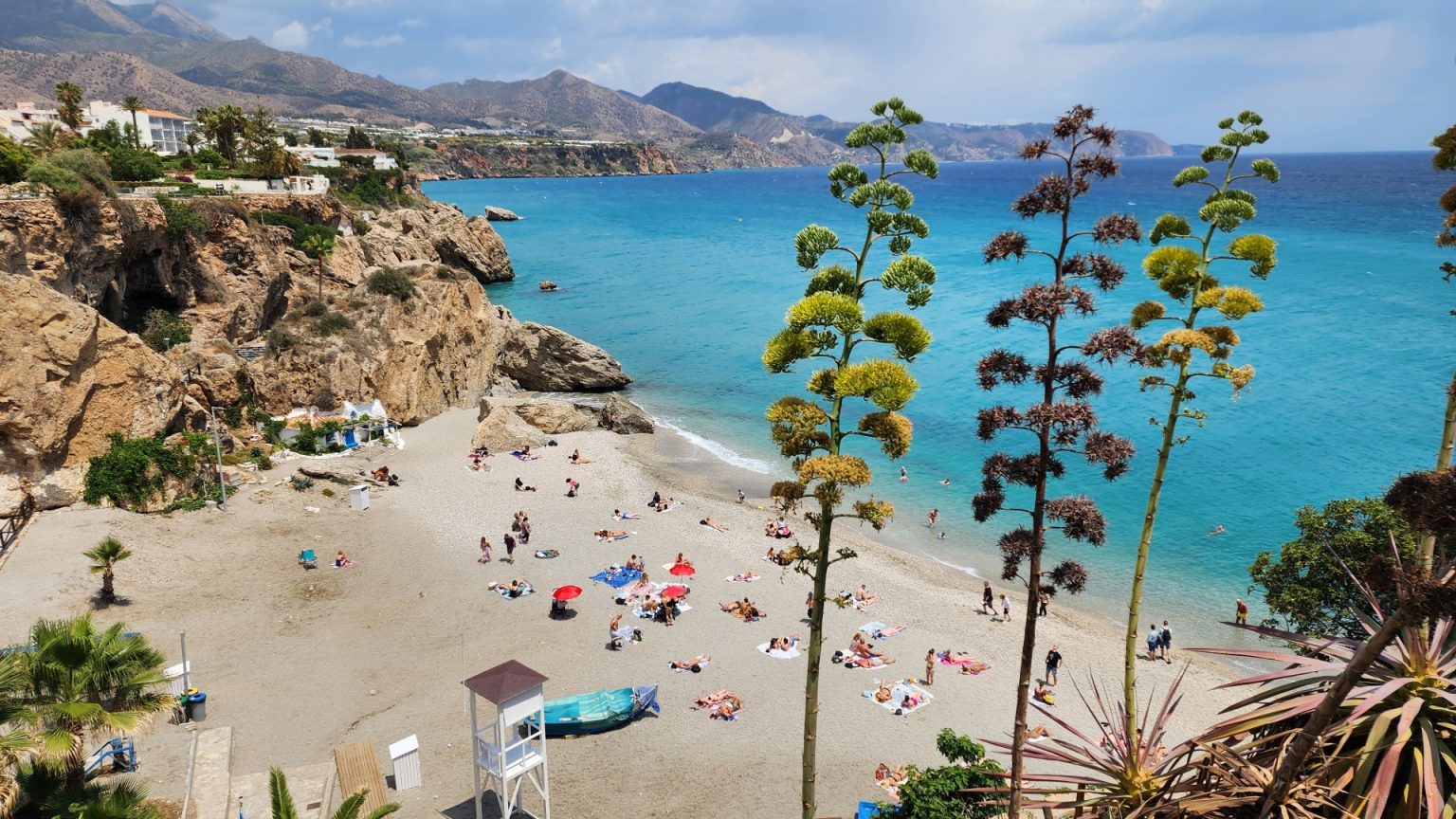New Spanish rules going into effect will make it more difficult for British tourists to visit the country. As of December 2, travelers will be required to provide additional personal information to hotels and accommodations, including home addresses, phone numbers, email addresses, and details about relationships and group size. The new regulations are part of the Spanish government’s efforts to crack down on organized crime, but have been criticized by the hotel association CEHAT for being overly invasive and burdensome. Hotels have also raised concerns about the lack of technology to comply with the new rules and potential data protection issues.
Despite being delayed multiple times, the new rules are set to be enforced with potential fines of up to €30,000 for non-compliance. The Interior Ministry has defended the rules as necessary for national security against terrorism and other serious offenses. However, tourists have expressed frustration and disappointment with the new measures, with some saying they will reconsider holiday plans in Spain in favor of other destinations. The strict regulations have raised concerns about privacy rights, data protection, and the impact on the tourism experience for millions of visitors to Spain.
The pushback against mass tourism is not unique to Spain, as many popular European destinations have implemented anti-tourist measures to address issues of overcrowding and locals’ concerns. Venice and Barcelona have introduced entry fees and restricted transportation routes to manage tourist numbers, while cities like San Sebastián have limited tour group sizes and banned new hotel constructions. Other regions, such as the Canary Islands and Greece, have enforced tourist taxes to regulate visitor numbers and offset the impact of tourism on infrastructure and local residents.
In addition to the new Spanish rules, tourists visiting the country are already subject to various restrictions and regulations. Requirements for evidence of sufficient funds, restrictions on smoking on beaches, bans on certain attire in restaurants, and alcohol limits at all-inclusive resorts are among the measures in place to manage tourism in Spain. These rules, along with the new information requirements for accommodations, reflect the challenges and tensions between promoting tourism and protecting local communities and resources. As destinations navigate these issues, travelers may need to adapt to evolving regulations and expectations when planning their trips.
Overall, the new Spanish rules highlight the ongoing debate and efforts to balance the benefits and drawbacks of tourism in popular destinations. While measures like increased information sharing and visitor taxes aim to address overcrowding and security concerns, they also raise questions about privacy, convenience, and the overall tourism experience. As travelers consider their options for future holidays, awareness of these challenges and potential impacts on their plans can help navigate the changing landscape of travel regulations and expectations. Travelers to Spain and other popular destinations may need to be prepared for additional requirements and restrictions as they seek to explore new places and cultures while respecting the needs and concerns of local communities.


